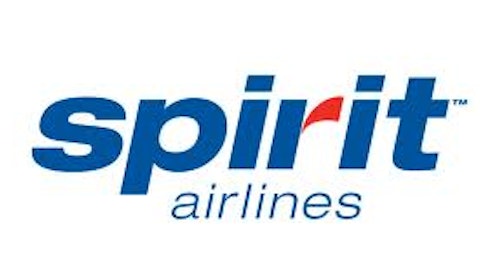Myth No. 3: Delta’s refinery loss last quarter proves that the acquisition is a failure
The website EconMatters posted an article last week, which claims that the Trainer refinery acquisition was a mistake. In addition to making the standard argument that Phillips 66 would have kept the refinery if it could have been profitable, the author also points to refinery losses of $63 million in Q4 as evidence that the acquisition has failed. However, the refinery was just restarting operations during Q4, and Hurricane Sandy severely disrupted distribution operations. While the Trainer refinery was able to keep operating through the storm, products could not make it to market. This forced Delta to slow refining rates, which hurt efficiency, and also resulted in some damage to the fluid catalytic cracker, which then had to be taken offline for repairs.
Nevertheless, these disruptions were all one-time events that should not recur. On Tuesday, Bloomberg reported that the Trainer refinery may be ready for restart later this week. Moreover, while EconMatters erroneously stated that Delta expects a small loss at the Trainer refinery in Q1, Delta actually stated that it expects a modest profit.
Profitability should improve even further in future quarters for three reasons. First, the fluid catalytic cracker has been shut for more than a month, which will depress Q1 profit, but not future quarters. Second, Delta will do test runs of Bakken crude brought by rail during the spring. If the test batches work as expected, Delta will be able to meet a significant amount of its crude oil demand with lower-cost Bakken crude. Phillips 66 recently embarked on a similar strategy, signing a five-year agreement with Global Partners LP (NYSE:GLP) to deliver Bakken crude to its Bayway refinery.
Lastly, Hess Corp. (NYSE:HES) recently announced that it will close its Port Reading refinery this month. With less available refining capacity on the East Coast, the supply of refined products will be smaller. This reduction in supply has already boosted the crack spread (the premium of refined products over crude oil). Since the Trainer refinery’s operating costs are relatively fixed in the short term, this increase in refined products prices has improved the refinery’s profitability.
Conclusion
Investors should not be scared by the myths surrounding Delta’s refinery operation. Delta’s management continues to project strong refinery profitability for 2013. Given that the company has outperformed peers for the past several years, investors have no reason to doubt management’s competence. Alarmist reports about the refinery’s profitability do not tell the whole story. Several years from now, the Trainer refinery purchase will likely be seen as a big coup for Delta.
The article 3 Big Myths About Delta’s Refinery originally appeared on Fool.com and is written by Adam Levine-Weinberg.
Fool contributor Adam Levine-Weinberg owns shares of Delta Air Lines and is also short Mar 2013 $14 Calls on Delta Air Lines. The Motley Fool has no position in any of the stocks mentioned.
Copyright © 1995 – 2013 The Motley Fool, LLC. All rights reserved. The Motley Fool has a disclosure policy.





